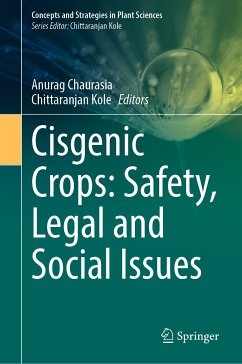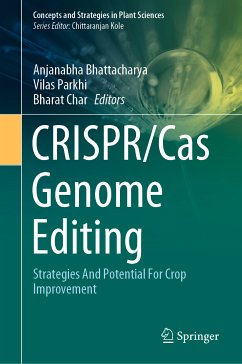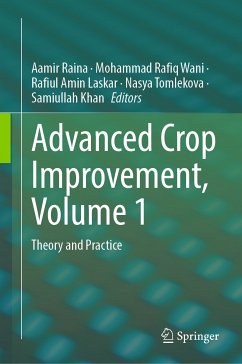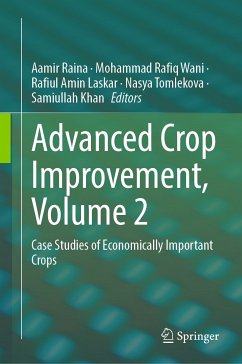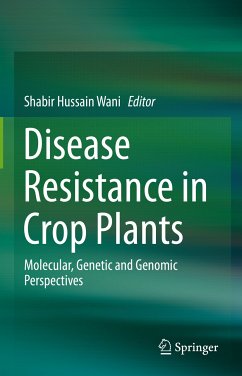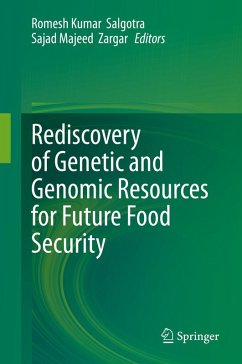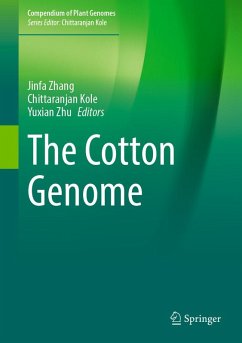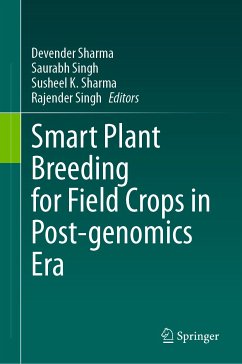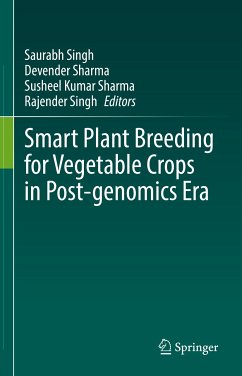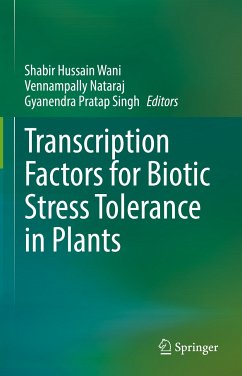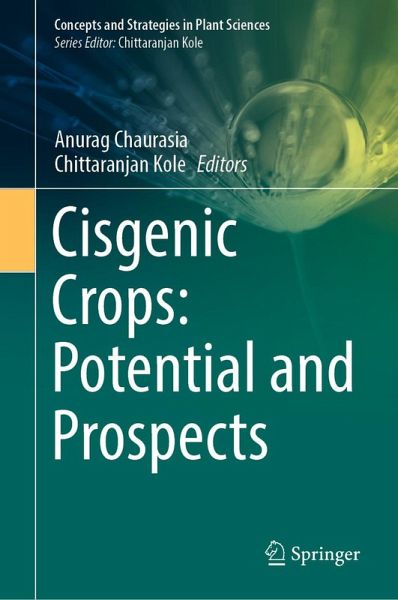
Cisgenic Crops: Potential and Prospects (eBook, PDF)
Versandkostenfrei!
Sofort per Download lieferbar
128,95 €
inkl. MwSt.
Weitere Ausgaben:

PAYBACK Punkte
64 °P sammeln!
This book is the first attempt for in-depth compilation of current knowledge on cisgenic crops and their potential prospects as a sustainable substitute for the controversial genetically modified crops. Innovative methodologies for the development of cisgenic crops for disease resistance, improved nutritional contents, suitability for organic farming, survival under climate change, and their role in conservation of plant genetic resources have been highlighted. Combined with molecular markers and genome editing, an advanced approach for crop improvement is reported. The book has 14 chapters au...
This book is the first attempt for in-depth compilation of current knowledge on cisgenic crops and their potential prospects as a sustainable substitute for the controversial genetically modified crops. Innovative methodologies for the development of cisgenic crops for disease resistance, improved nutritional contents, suitability for organic farming, survival under climate change, and their role in conservation of plant genetic resources have been highlighted. Combined with molecular markers and genome editing, an advanced approach for crop improvement is reported. The book has 14 chapters authored by globally leading experts on the subject. This book is useful to the students, teachers, researchers and policy planners working across the disciplines of classical plant breeding up to the recent genetically modified and genome edited crops.
Dieser Download kann aus rechtlichen Gründen nur mit Rechnungsadresse in A, B, BG, CY, CZ, D, DK, EW, E, FIN, F, GR, HR, H, IRL, I, LT, L, LR, M, NL, PL, P, R, S, SLO, SK ausgeliefert werden.
Alle Preise in Euro und inkl. der gesetzl. MwSt. | Innerhalb Deutschlands liefern wir preisgebundene Bücher versandkostenfrei. Weitere Informationen: bitte hier klicken
Support
Bitte wähle dein Anliegen aus:
Rechnungen
Bestellstatus
Retourenschein
Storno



